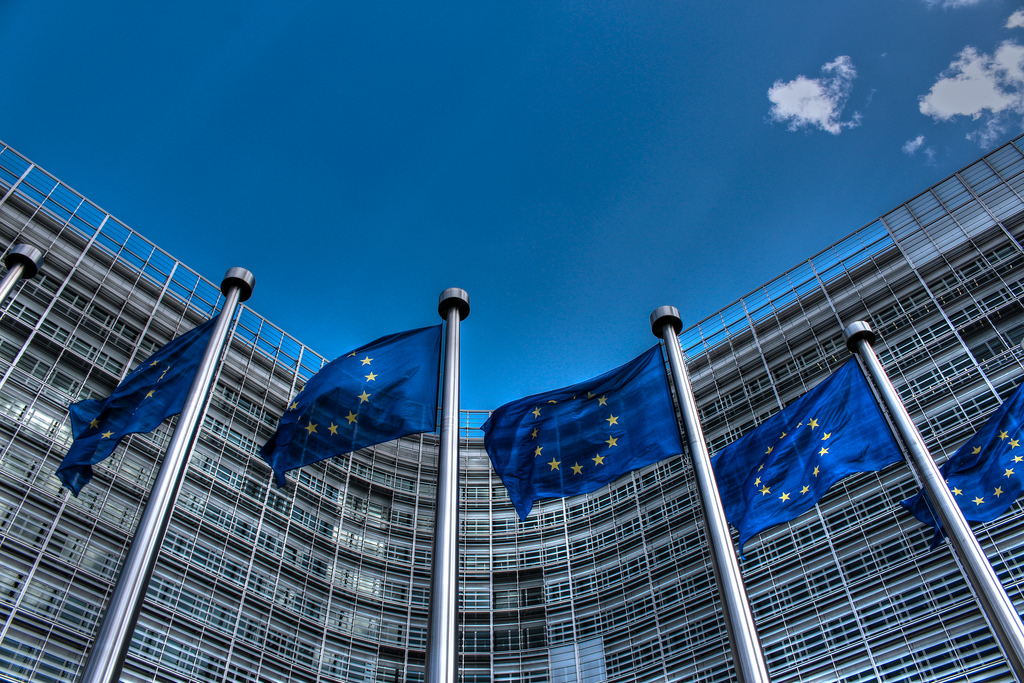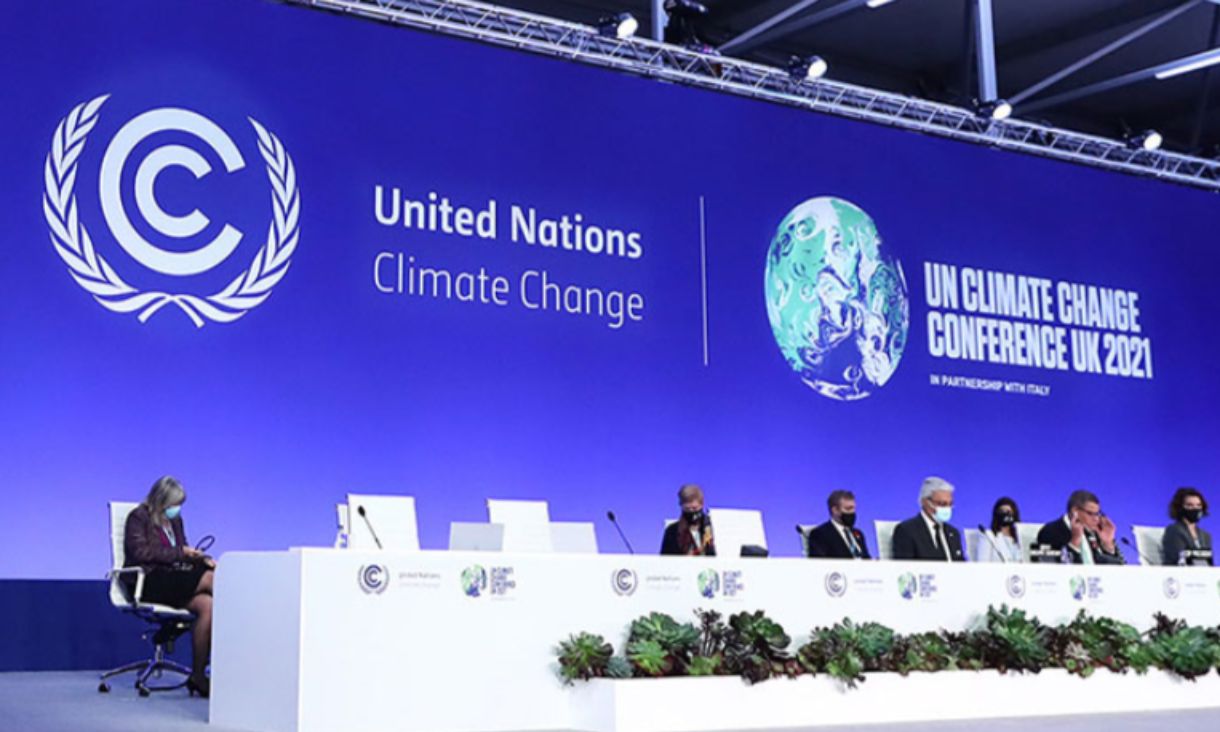The country’s population of 11 million is the second-oldest in the European Union (EU) —after Italy — and the country is a popular destination for tourism receiving 27.2 million visitors in 2017 alone (Time, 2020). Since the global financial crisis (GFC) of 2007-08, the Greek health sector has been devastated by austerity measures which included direct cost-cutting measures to its health sector. Subsequently, the health budget was further reduced by 60% in 2014 (Ladi, 2014).
Considering Greece’s dismal economic and financial circumstances, it is evident that the covid-19 pandemic should have been a catastrophe; however, despite only 565 intensive care unit beds available at the start of March 2020, Greece avoided the full impact of the global health pandemic. While countries like Italy recorded 222,104 confirmed cases and 31,106 deaths as of 14 May and Spain has 271,095 confirmed cases and 27,104 deaths as of 14 May, Greece only has 2,760 confirmed cases and 156 deaths as of 14 May (Worldometer, 2020). Greece’s surprising success in containing the covid-19 pandemic is indicative that a country’s health system alone is not sufficient to tackle a pandemic.
Scientists and analysts have attributed Greece’s surprising success to the government’s swift and pre-emptive steps that relied heavily on expert recommendations. By allowing a committee of experts including epidemiologists and doctors to set the agenda, Greeks were more willing to comply with the government’s precautionary measures knowing that the imposed restrictive measures were decided predominantly by expert knowledge and advice as opposed to political ideals or politicians. Indeed, as Chrysopoulos (2020) notes, it was the first time in Greek history that politicians stepped aside and allowed a committee of epidemiologists to develop a strategic plan to contain covid-19. In late February, prior to having a single covid-19 related death, the country moved swiftly in restricting public activities such as carnival parades and by 10 March, when there were 89 confirmed cases, schools and universities were closed nationwide (Ladi, 2020).
The Menoune Spiti (stay home) campaign also played an essential role in mobilising citizens and acquiring their trust and compliance to the directives articulated by the government. The campaign was aired daily on a wide range of electronic communication devices including, television, electronic media and radio. This contributed considerably to reminding Greeks of the severity of the pandemic and what was expected of them. Similarly, the daily 6pm conference briefing on national television by the Health Minister’s spokesman and head of the scientific committee, Sotiris Tsiodras, was an important reference point throughout the pandemic. Finally, Greece’s financial and economic hardships over the past decades, has not only prepared Greeks to better face the global health crisis but also has rendered them more resilient to social hardship (Ibid, 2020).
As restrictions slowly begin to ease throughout Europe, many challenges lie ahead. German Chancellor, Angela Merkel and French president, Emmanuel Macron proposed a major financial recovery fund of €500 billion (DW, 2020). Managing the social and economic ramifications throughout the easing of lockdown restrictions will require close cooperation and collaboration amongst member states and at the EU level.
Sophie Di Francesco-Mayot – Research Officer, RMIT EU Centre of Excellence
References
Chrysopoulos, P. 2020, Six Ways Greece Has Successfully Flattened the Coronavirus Curve, Greek Greece Reporter, viewed 13 May 2020, accessed:< https://greece.greekreporter.com/2020/04/22/six-ways-greece-has-successfully-flattened-the-coronavirus-curve/>
DW 2020, Coronavirus latest: France, Germany propose vast recovery fund, viewed 19 May 2020, accessed: <https://www.dw.com/en/coronavirus-latest-france-germany-propose-vast-recovery-fund/a-53474711>.
Ladi, S. 2020, Greece: despite a decade of health cuts, coronavirus death rates appear comparatively low, The Conversation, viewed 12 May 2020, accessed: <https://theconversation.com/greece-despite-a-decade-of-health-cuts-coronavirus-death-rates-appear-comparatively-low-136293>.
Roche, C. 2020, Coronavirus: how Greece is beating Covid-19 after debt crisis, viewed 13 May, accessed: < https://en.as.com/en/2020/04/14/other_sports/1586870443_084727.html>.
Time 2020, Greece Has an Elderly Population and a Fragile Economy. How has It Escaped the Worst of the Coronavirus So Far? viewed 12 May, accessed: <https://time.com/5824836/greece-coronavirus/>.
Worldometer 2020, Coronavirus, viewed 14 May 2020, viewed : < https://www.worldometers.info/coronavirus/country/germany/>.







